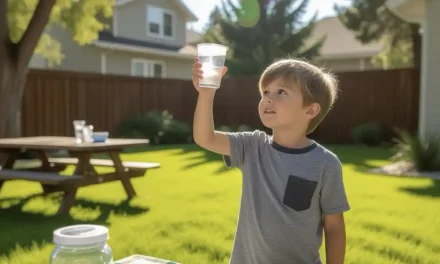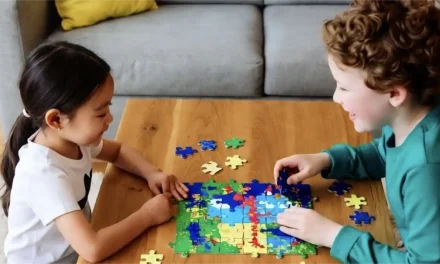
Connecting Learning to Real-World Experiences: See How School Skills Power Real Work
W
hen a child watches a baker weigh dough or a construction worker read blueprints, school skills click into focus. Math, writing, and science stop feeling like chores and start to feel like tools. Real workplaces—factories, restaurants, shops—reveal how numbers track supplies, how instructions guide tasks, and how data drives decisions. These visits turn theory into context. A question like “What keeps this running?” opens their eyes to what learning builds, beyond tests and textbooks.
My daughter once toured a bakery and watched the staff scale and track dough. She saw that fractions weren’t just for tests—they made the pastries possible. Later, she used that insight for a school project, modeling a bakery’s inventory system. That visit flipped a switch. Math became a tool, not just a subject.
Reach out to local businesses or tradespeople and arrange brief visits or shadowing. Afterward, ask your child to name one link between what they saw and what they’ve learned. These small windows into the real world help kids see school as preparation—not just for grades, but for life.
Connecting Learning to Real-World Experiences

Connecting Learning to Real-World Experiences: Test Real Problems with Science and Budgets
Use real household questions as experiments. Teach children how science and budgeting help families solve problems in practical ways.

Connecting Learning to Real-World Experiences: Link School to Life with News Discussions
Discussing news helps children think critically and connect school to real life. Guide conversations with care and openness.
Table of contents

Primordial Soup for the Mind: Navigation
Navigate the book Primordial Soup for the Mind.
TIPS
- Use everyday moments—cashiers, librarians—as career sparks.
- Explore virtual museum or job tours.
- Ask, “What would you change about that job?”
ACTIVITIES
- Career Collage: Cut out tools of different careers and build a collage — 15 min
- Job Walk: Point out 5 jobs on a short walk, and guess their purpose — 10 min
- Interview a Role: Call a relative and ask 3 questions about their work — 20 min
EXAMPLE
My son thought engineers were boring. Then a cousin showed him a bridge she designed. He lit up.

Download “Primordial Soup for the Mind: A Parent’s Guide to Nurturing Intellectual Growth”
Enter your information to get this article and hundreds more as part of the FREE book Primordial Soup for the Mind.
Share your thoughts with the Thought Academy community in the Comments section below.

Sharpen those skills!
Enter your information to get our FREE practice exercises so you can hone your critical thinking and reasoning skills!







0 Comments